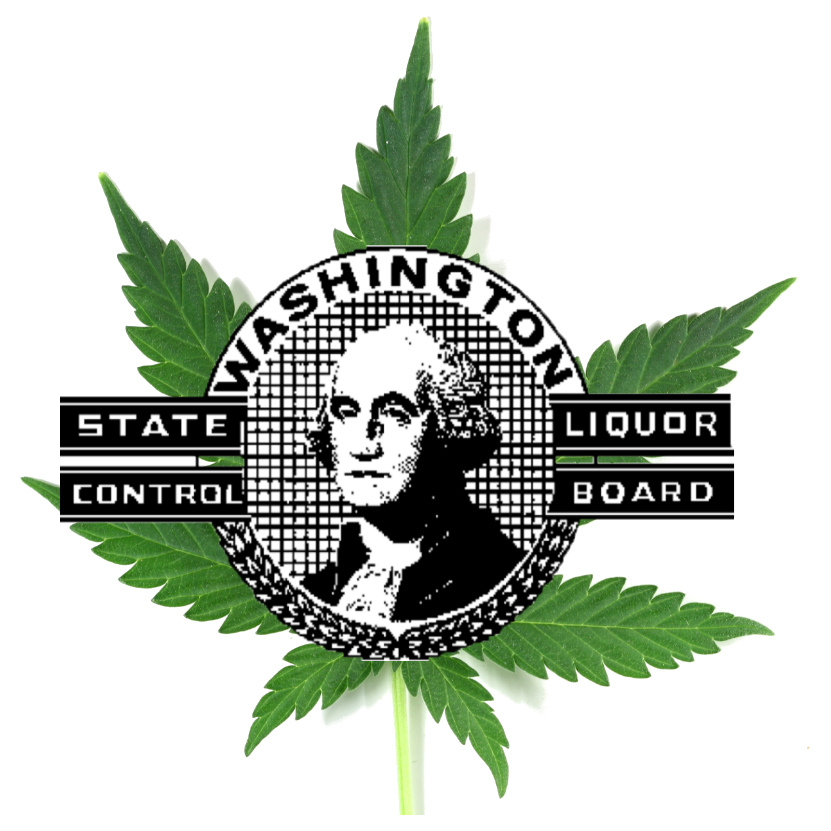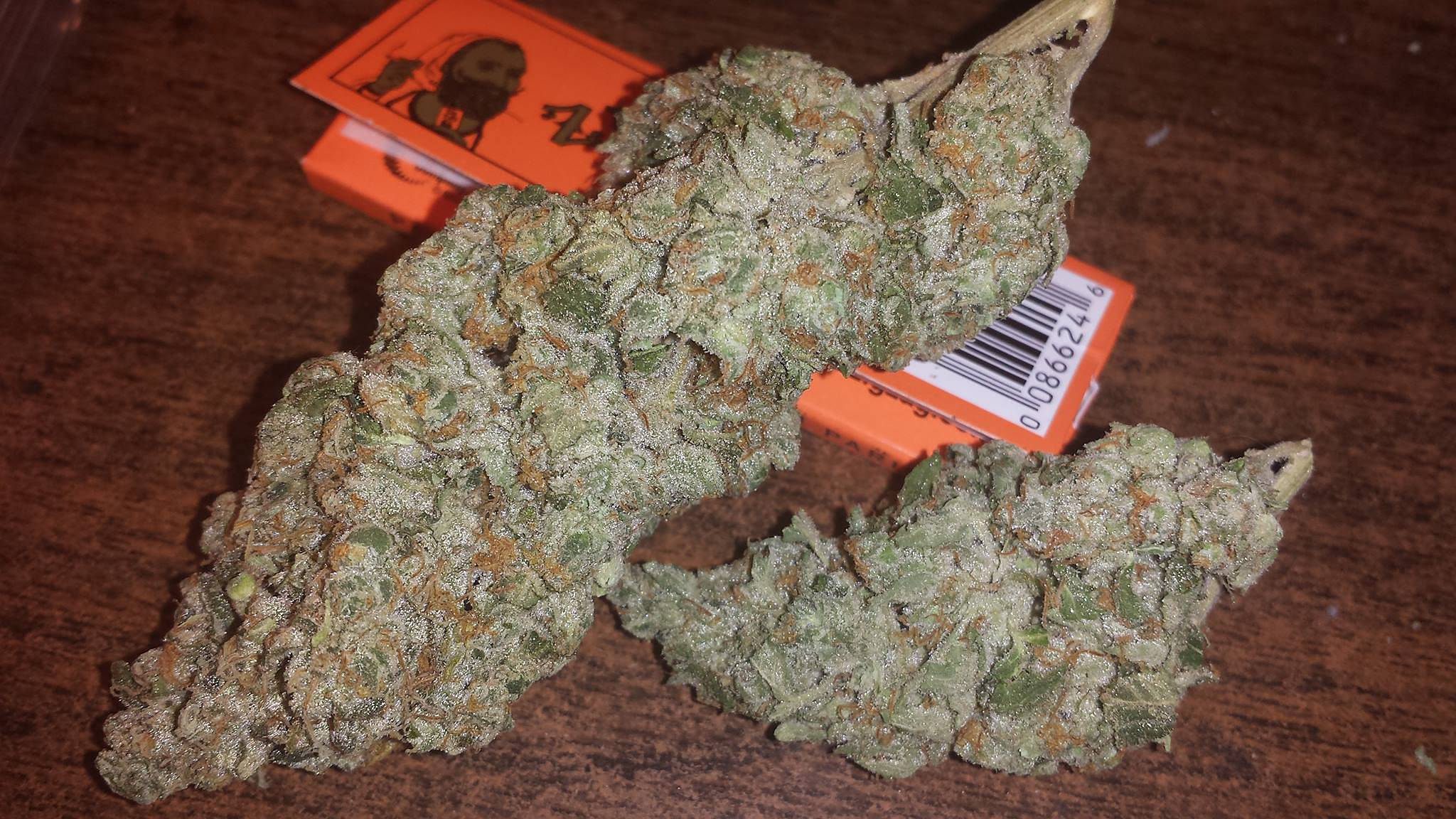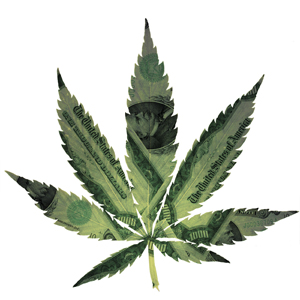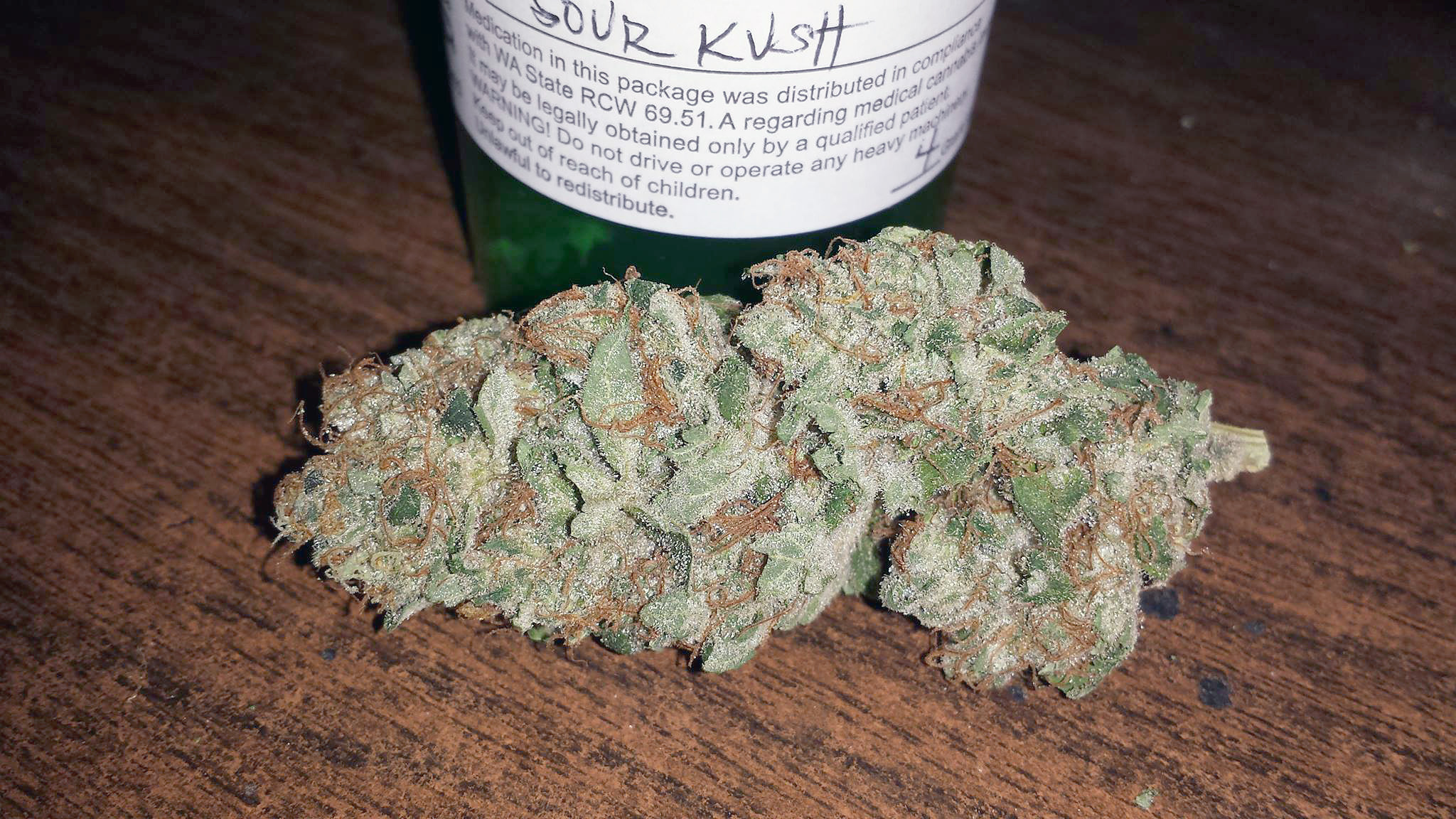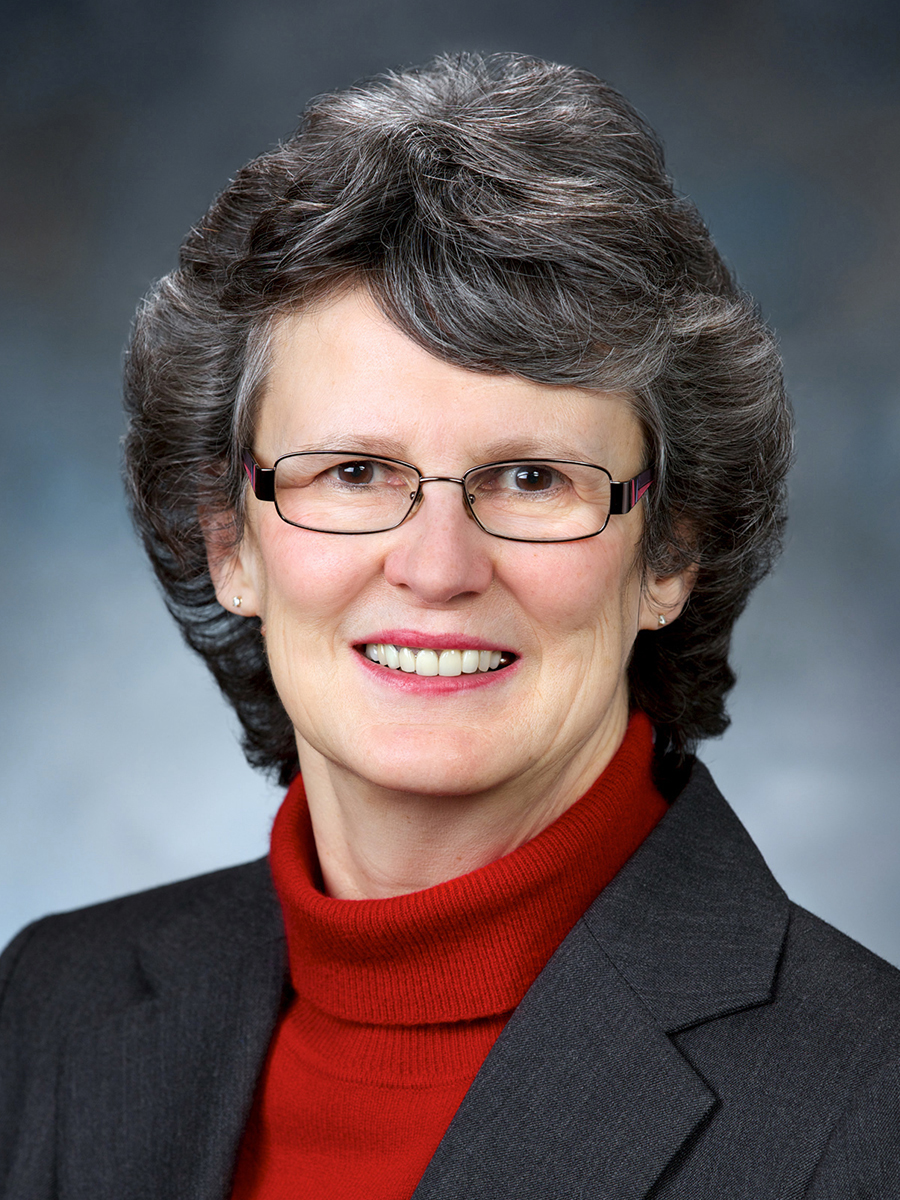Last fall during the political battle over Initiative 502—the recreational-marijuana legalization measure which ended up being approved by Washington state voters—proponents of the measure repeated, early and often, that medical marijuana would remain separate from and unaffected by recreational legalization.
Luminaries such as I-502’s chief author, Alison Holcomb, and Keith Henson of Washington NORML assured the patient community that patients had nothing to worry about—the safe access of patients, which was ensured by a dual system of home grows (of up to 15 plants) and storefront access points, would not be impacted.
Now, in a textbook case of just how disingenuous political statements can be, both Holcomb and Henson are shamelessly engaging in doublespeak. Now they claim medical-marijuana dispensaries were always illegal to begin with, so the plans of former narcotics cop Rep. Christopher Hurst to shut down all shops really don’t represent a “change” for medical-marijuana patients.
Umm . . . OK. Try explaining that to the patients who will no longer be able to safely access the particular medicinal strains they need—or to afford the overtaxed pot which will be offered in state 502 stores. (Do you really think stores aiming at the lowest-common-denominator recreational market will stock, say, high-CBD weed, which is great for pain and inflammation but doesn’t get you high? Dream on.)
From some of the rhetoric heard lately, both in our legislature from Rep. Hurst and even from Gov. Jay Inslee, you’d think that the entire medical-marijuana thing was a black-market enterprise. You’d have trouble even discerning that a medical-marijuana law—approved by an overwhelming majority of voters—has been in place and functional for 15 years now in this state. And you’d have a really difficult time finding out that RCW 69.51A.085 clearly allows the exchange of money for medical cannabis.
The real reason that the Washington State Liquor Control Board is being given authority over medical marijuana is to eliminate the competition.
Yep, it seems the medical-marijuana law—which has been working just fine for 15 years—suddenly needs to be “appropriately regulated.” And here’s the real reason: “If relatively easy access to medical cannabis continues, the goals and potential of Initiative 502 will be undermined,” last week’s letter from the Seattle City Council to Gov. Inslee reads.
That echoes “Goal 1,” as outlined in a leaked official document: “De-incentivize medical marijuana to ensure recreational users are appropriately funneled into the I-502 model rather than the medical market.”
How are they going to “de-incentivize medical marijuana”? By reducing allowed patient possession amounts from the current 24 ounces; by removing the affirmative defense of medical necessity for possession above the legal limit; and by “eliminat[ing] or reduc[ing] home grows.”
Home grows are the only way many seriously ill and low-income patients can afford to use cannabis—and cannabis is the only relief they can find. To “eliminate or reduce home grows” sounds antiseptic on paper, but what it means in the real world is that some very ill patients won’t have safe access anymore—to the only medicine that works. E
tokesignals@seattleweekly.com
Steve Elliott edits Toke Signals, tokesignals.com, an irreverent, independent blog of cannabis news, views, and information.
